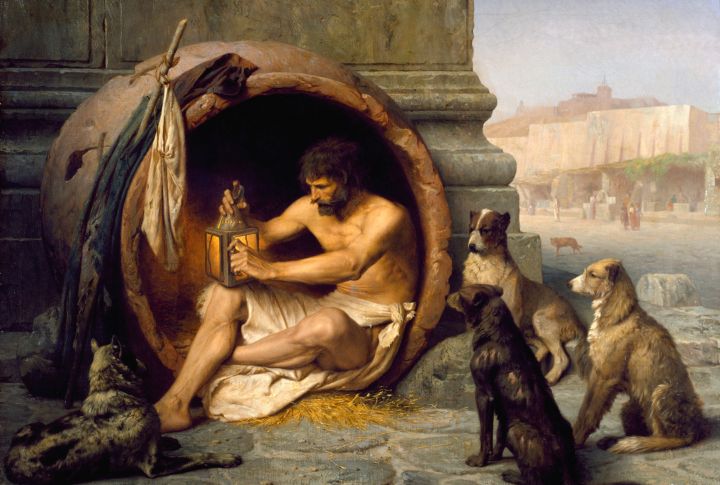
Humans and dogs share a bond that has spanned continents and millennia, with canines serving as loyal companions, tireless workers, and cherished family members. Beyond mere pets, dogs have also held revered positions in countless cultures. So, let’s journey back in time to discover 15 cultures that absolutely adored dogs.
Egypt

Can you imagine loving your dog so much that you choose to be buried with it—that’s the type of reverence dogs enjoyed in ancient Egypt. Egyptians worshiped dogs, seeing them as pets, divine protectors, and family members who were given luxurious tombs after their passing. Some breeds, like the Pharaoh Hound, were considered so sacred that owning one was a status symbol.
Mesopotamia
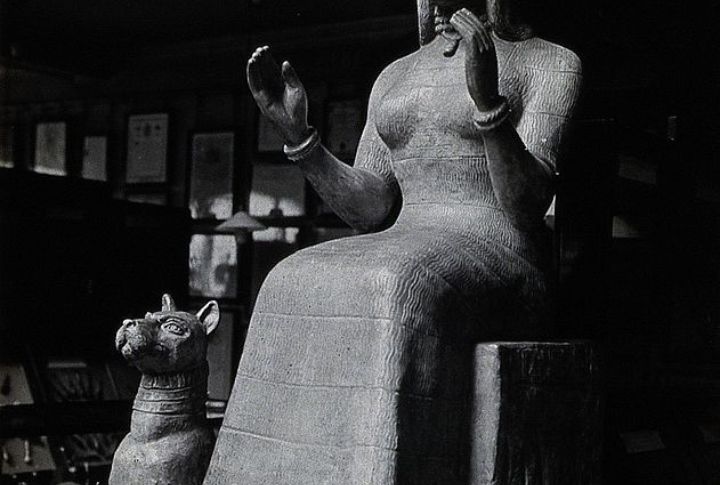
Long before Lassie became a silver screen hero, dogs in ancient Mesopotamia were already saving the day. These pups were prized for their speed and strength, with noses that could sniff out prey from miles away. But they weren’t just expert hunters—they were healers too. Take the goddess, Gula, for instance, who was often portrayed with a loyal canine beside, a powerful symbol of healing and protection.
India
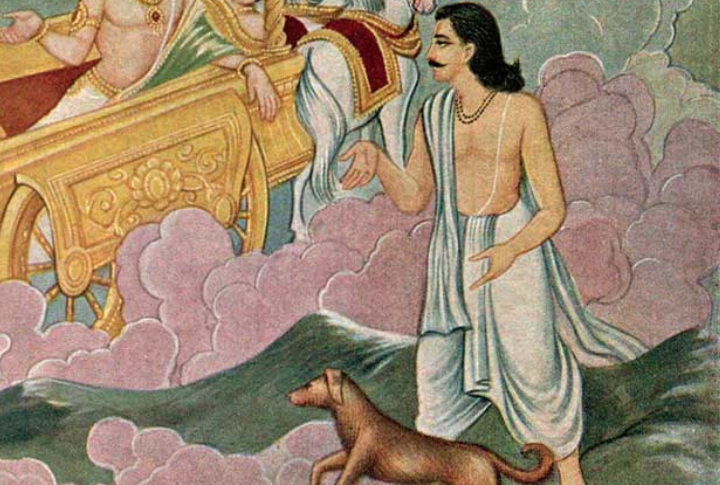
Hindu dogs were sacred animals associated with loyalty, devotion, and protection. The epic tale Mahabharata features the god Yudhishthira, who takes a dog with him to heaven, reflecting a genuine affection for these furry creatures. Some, like the Vedic people, even believed dogs guarded the paths to heaven. Dogs were also seen as protectors of the home and family, offering companionship and security.
China
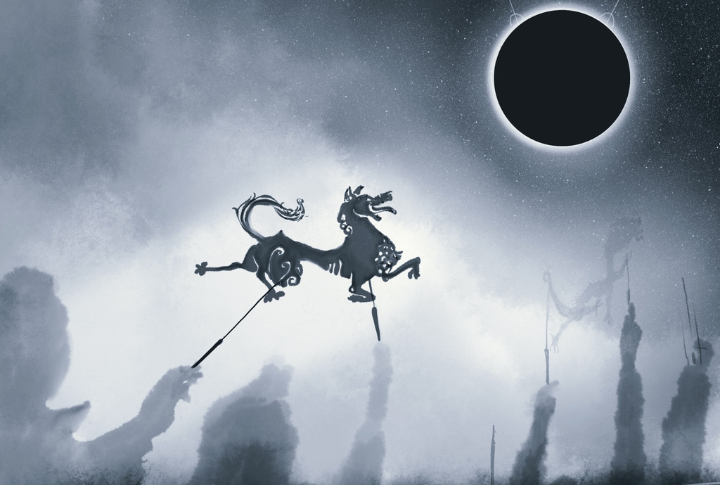
The Chinese have a long-standing love affair with dogs, dating back thousands of years. These pups were reared as normal house pets and for their social value. Fancy breeds were coveted, and owning a specific dog could elevate your social standing. Chinese mythology also featured a spirit dog named Tiangou, who created eclipses by eating half the sun or moon.
Greece
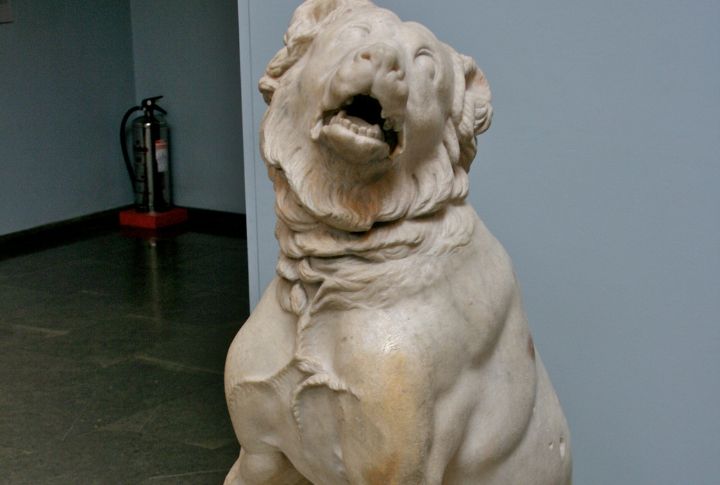
From the protective Molossians to the smaller, more agile hounds for hunting, Greek dogs were as diverse as their human counterparts. The Greeks deeply respected dogs, seeing them as both devoted sidekicks and symbols of courage. And let’s not forget Argos, Odysseus’s faithful dog who recognized his master after 20 years, a tale that’s still making us cry today.
Indigenous Americas
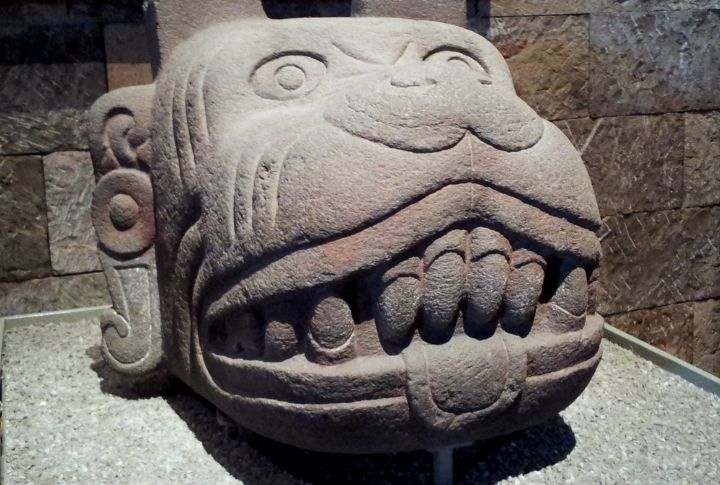
The bond between Native Americans and dogs runs deep. In many tribes, dogs were revered as spirit guides and friends. The Lakota people believed dogs were sacred animals who provided security, while Aztec myths tell of Xolotl, a dog-headed god who guided the sun through the underworld. Today’s dog lovers might relate to how the Inca treated their prized hairless dogs as family members.
Rome
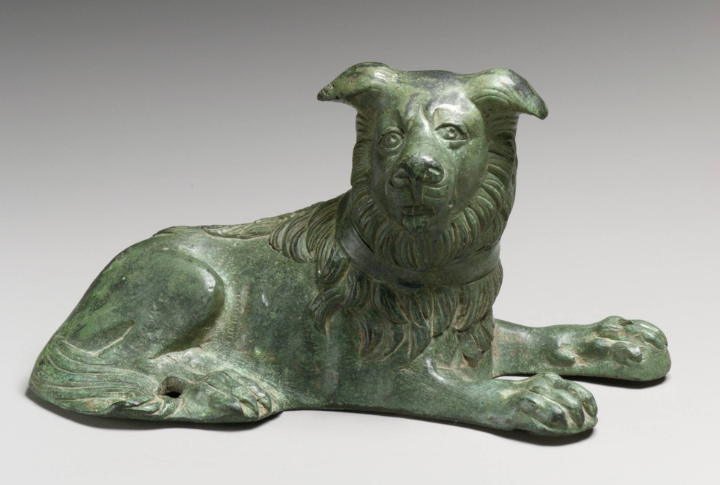
Romans were practical people, but their love for dogs was anything but ordinary. They created elaborate tombs for beloved pets, complete with heartfelt epitaphs. Emperor Hadrian had a soft spot for dogs and kept them as company on his travels. Roman artwork often depicted dogs as allies and skilled hunters. This passion laid the groundwork for the dog-loving culture we see in Italy today.
Celtic Cultures
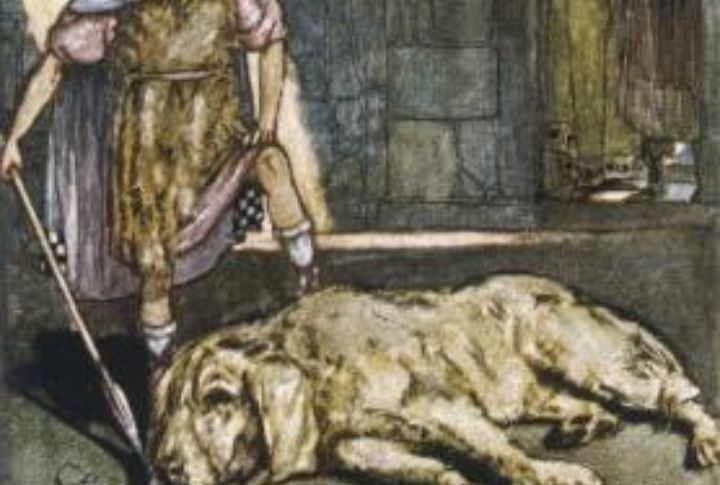
Across ancient Celtic lands, dogs were revered as healers and warriors. The legendary Irish hero Cú Chulainn gained fame from subduing a fierce hound. Celtic myths speak of dogs with magical powers, like the ability to see the supernatural. This mystical connection lives on in the Irish Wolfhound and Welsh Corgi, breeds still beloved in their ancestral lands.
Norse Mythology
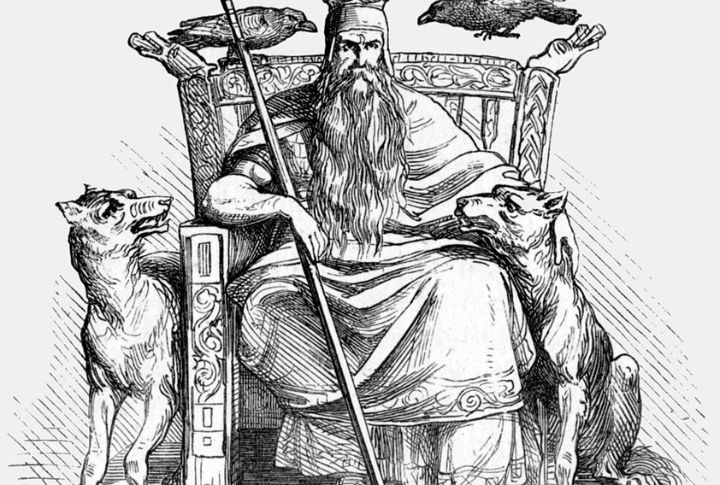
Vikings weren’t just fierce warriors—they were also dog lovers. Odin, the chief god, had two loyal wolf companions, Geri and Freki. Archaeological finds show that Vikings frequently buried their dogs with honor. This fondness between Norse people and their dogs might remind us of modern Scandinavians, who often treat their dogs as full-fledged family members.
Japan
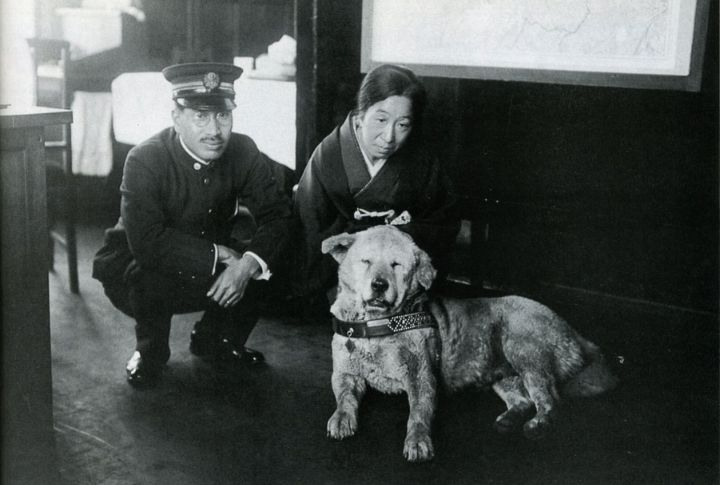
Woven into Japanese art, literature, and film is a love for dogs that can be traced to ancient culture. The legend of Hachiko, the loyal Akita who waited for his departed owner for years, has roots in this deep cultural respect for dogs. Shinto shrines often featured dog statues as guardians, a tradition that lives on in modern Japan’s love for breeds like the Shiba Inu and Akita.
Africa
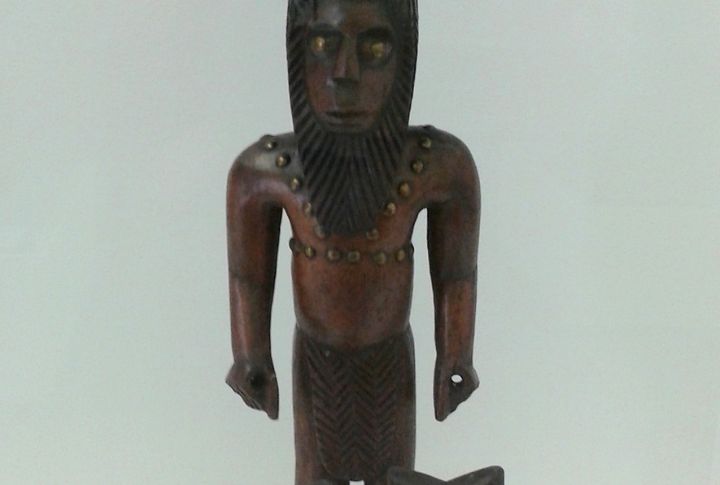
Egyptians weren’t the only Africans who revered dogs. The Igbo people of Nigeria believed dogs symbolized strength, loyalty, and courage. Similarly, Ara town, part of the Yoruba tribe, observes annual dog rituals. Yoruba mythology also records dogs like Lúbé and Mádìgbòlèsù who served the deities Şàngó and Èşù. Even now, many African cultures value dogs as protectors, much like their ancestors did.
Tibet
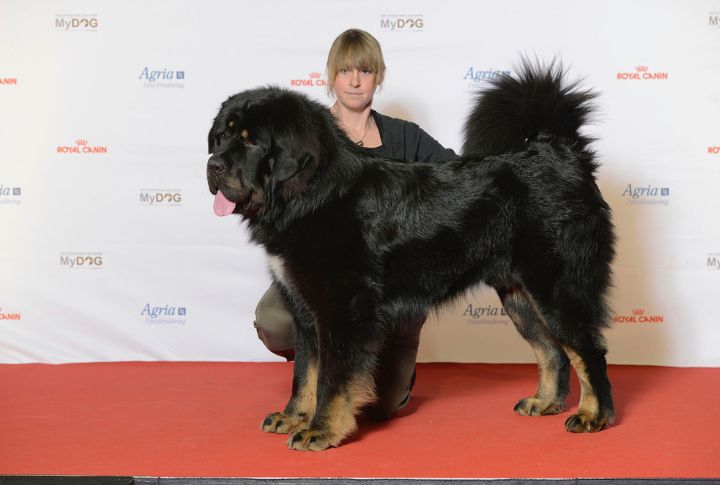
The massive Tibetan Mastiff has long been revered by the Tibetan culture. They believed these dogs evolved from lions and bears, hence their ferociousness. Tibetan Buddhists also believed the dogs embodied the souls of monks and nuns who hadn’t achieved Shambhala. This spiritual connection to dogs persists in Tibet today.
Mongolia
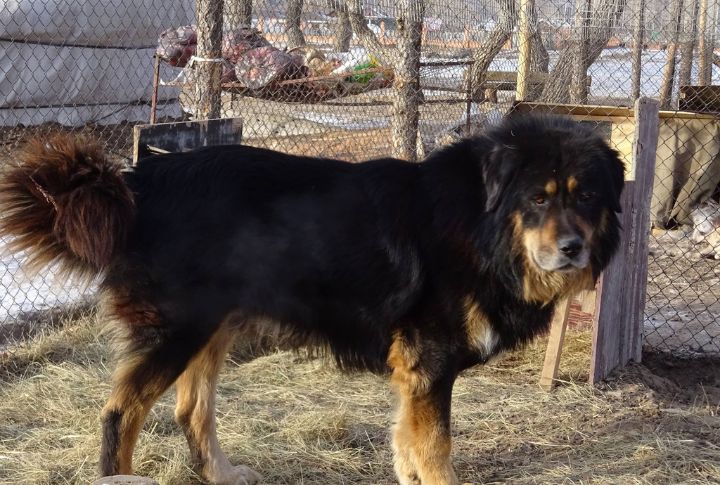
Like in Mesopotamia, ancient Mongolian dogs were bred for their protective instinct. As Mongolia modernizes, many urban dwellers keep dogs, maintaining this ancient connection. The Bankhar, a large Mongolian shepherd dog, was essential for protecting livestock from wolves and snow leopards. Genghis Khan was said to have traveled a lot with his favorite dogs, the Tibetan mastiffs.
Australia
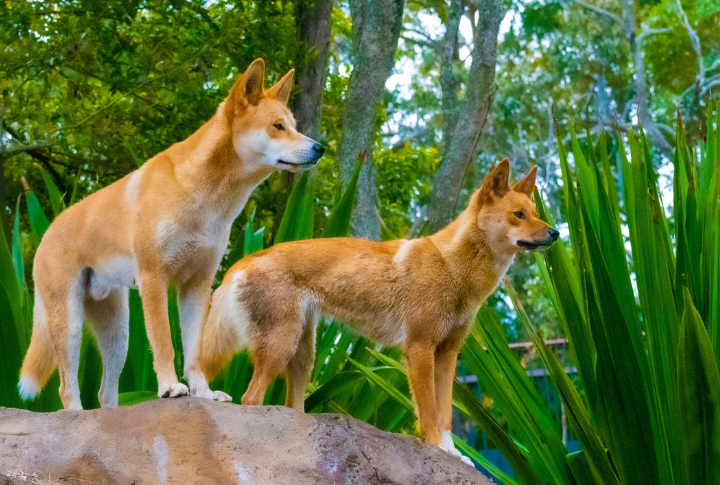
The dingo had a complex and often misunderstood relationship with Aboriginal Australians. These wild dogs were not only playmates but also hunting partners and protectors. Aboriginal myths feature dingoes like the Djaranin, or dogs of death, who judged humanity in the afterlife. Modern Aussies who take their dogs on outdoor adventures carry on this tradition of human-canine teamwork.
Polynesia
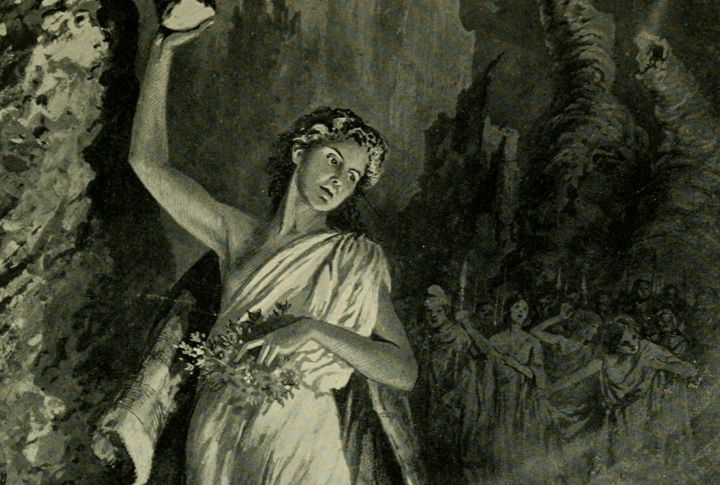
Across the Pacific, dogs held a special place in Polynesian hearts. In Hawaiian mythology, Pele, the volcano goddess, had a trusty white mutt who warned people about impending eruptions. Maori legends speak of a man named Irawaru, who was transformed into an animal by his brother-in-law, becoming the first dog. Archaeological evidence shows dogs were often buried with their owners.

